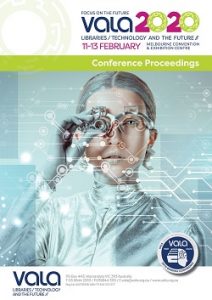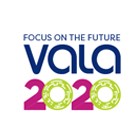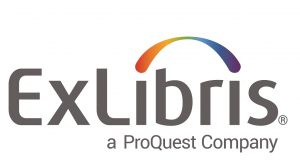 Open as a Rule, Closed by Exception
Open as a Rule, Closed by Exception
VALA2020 PLENARY SESSION 1
Tuesday 11 February 2020, 9:30 – 10:40
Adam Moriarty
- Auckland War Memorial Museum
- Head of Collection Information and Access
![]()
Please tag your comments, tweets, and blog posts about this session: #vala2020 #p1
View the video of the presentation on the VALAView channel and view the presentation slides here:
Abstract

In 2015 Auckland Museum started a journey which felt in many ways untested, unmoderated and unsure, but like all great adventures into the unknown, it was exciting. We were armed with a simple vision – to be “Open as a Rule, Closed by Exception”.
What would it look like if we shifted the paradigm of institutional control? If we let the people of the world find their own stories, pathways and connections to our human and natural heritage collections? What would it mean to our metrics, our reputation and would anyone even notice?
The ensuing years have broadened our understanding of what it is to truly open our collections and threw into question, what were we trying to achieve? This session will reflect upon mission fulfilment and what it means to truly be OPEN.
Biography
Adam Moriarty is the Head of Collection Information and Access Team at Auckland War Memorial Museum in New Zealand. For the past five years he has worked to open the multidisciplinary collections online in a way that their stories can be freely accessed and shared. As his own journey has unfolded it has led him to question the true purpose and validity of his work. His most recent endeavours have started him to reconsider the direction museums might take to fulfil their mission.
This work is licensed under a Creative Commons Attribution-NonCommercial License.




 Open as a Rule, Closed by Exception
Open as a Rule, Closed by Exception